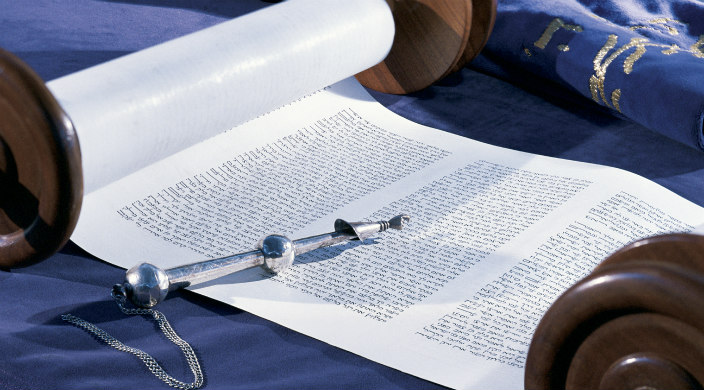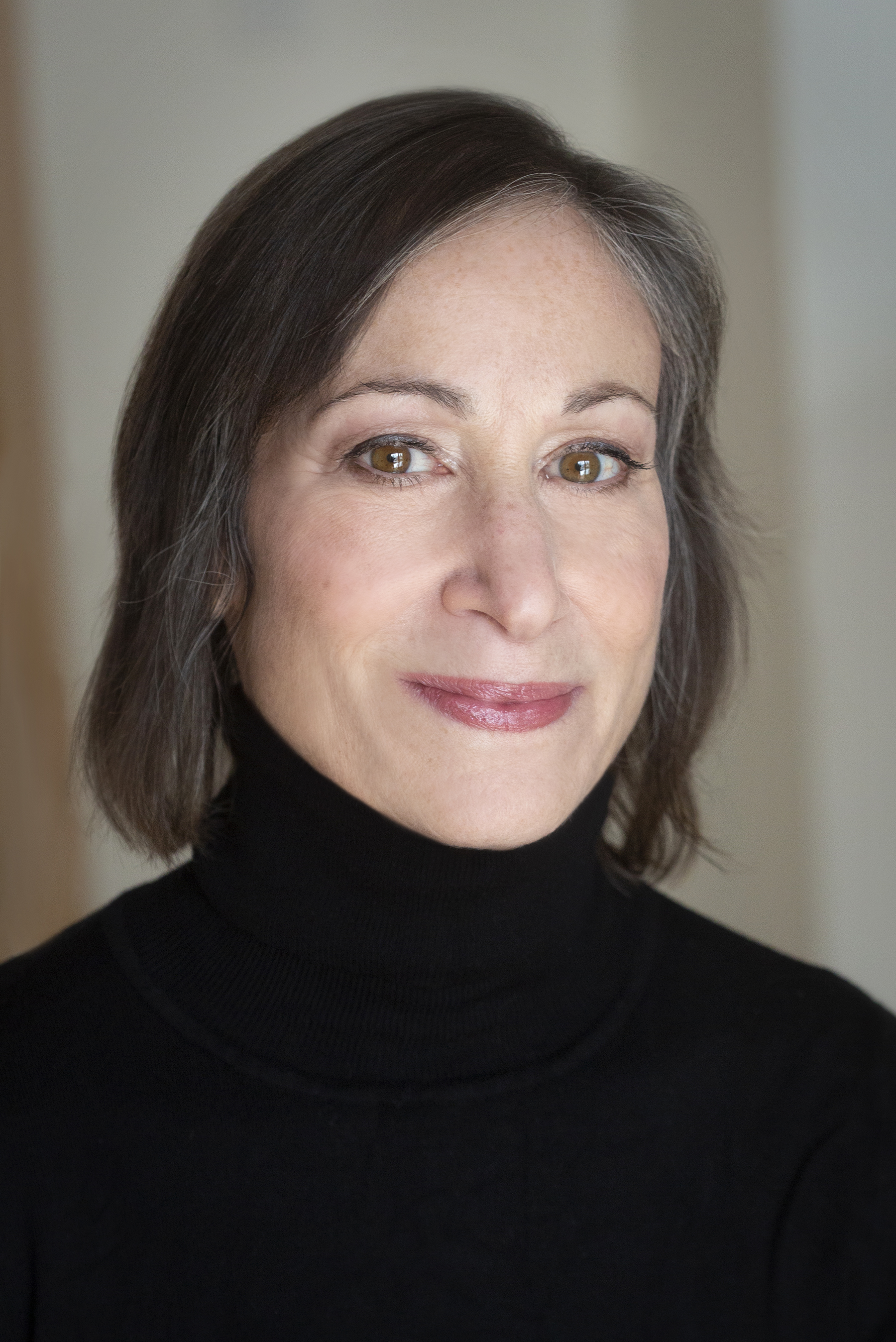
In my professional work with middle school students, teaching reading and writing, I often find myself talking about compassion. It is difficult for these young adults to feel compassion for the characters in the books we read—and it is especially difficult for them to feel compassion for each other. Of course, this is a challenge for all of us. Right now, we need compassion more than ever—for others and for ourselves.
Over the past 16 months, we have all been on a journey. Our lives have had strict boundaries of where and when we would leave our homes, who we would associate with, and what activities we were willing to partake in. We are all now moving forward, planning for our futures. I know that I often wish someone would set out guidelines for me to follow, to ensure that my actions are safe for myself and others—and to help me move forward without fear.
So much of the Torah revolves around the journey of the Israelites, as they travel from Egypt to the Promised Land. This week’s double Torah portion, Matot/Mas’ei, sets the scene, as the Israelites are ending this journey. Matot-Mas’ei - the final two parashot in the book of Numbers - are closely tied together and are almost always read on the same Shabbat.
Matot (“tribes”) provides a bit of information about the lives of women at this time, including women’s responsibility for the vows they make. Mas’ei (“marches”) reviews the Israelites’ travels, sets out borders, and includes details on the way the nation should function in its own land. Laws are put forth about the workings of the community, and each tribe is presented with its own land.
I found it particularly interesting that the Tribe of Levi is assigned certain cities for their members and their families, including six “cities of refuge,” to provide safety for those who have committed unintentional murder (Numbers 35:6-12). In planning for the community in the Promised Land, God deliberately provides a safe haven. These cities of refuge are places of compassion for those who have made inadvertent mistakes.
God often shows this type of compassion—although God also demonstrates vengeance at times. How much harder for us, as humans, to reflect this type of compassion in our own hearts? So many women in the Torah demonstrate this type of understanding and courage: the midwives who save Moses, Shifrah and Puah, along with other women from that story, including Jocheved, Miriam, and Pharaoh's daughter as well as the daughters of Zelophehad, who sought to inherit land from their father, and who are referred to in Parashah Mas’ei. This type of compassion often makes us feel vulnerable; it can be frightening, and it requires trust.
Many of us received the emails with the Values & Voices letters which were sent from various religious scholars to President Biden over the first 100 days he was in office. On the 100th day, Daniel Fisher-Livne, Ph.D., Assistant Professor of Bible at Hebrew Union College-Jewish Institute of Religion, wrote to President Biden, Vice President Harris, and Congress. He concluded his letter by saying, “What will be - the future - is ours to shape. . . . United in purpose and in our diversity, we can acknowledge the past. United, we can meet the challenges of our moment and truly start afresh.”
As Women of Reform Judaism, we are a group of dedicated women filled with compassion and an inner drive for justice. As we learn in Parashah Matot, as women, we are responsible for the vows we make including our vows to improve the world. And as we see in Parashah Mas’ei, those vows can be guided by compassion. WRJ has tackled difficult issues throughout our history of over 100 years. Many of the issues have changed with time, but others stay the same. In my work as a member of WRJ, I have found our women to be focused on the desire to repair our world and to create a whole, just, and equitable community. It has always been a priority and remains so. Although it is not yet clear what our world will look like as we move forward into the future, I look forward to continuing this journey and meeting these challenges together with my WRJ sisters.
_______________________________________________________________________
Judy Wexler is Vice President of Member Services for WRJ North America, and she is also WRJ Midwest District VP of Social Justice. Judy is a past sisterhood president and a past synagogue president of North Shore Congregation Israel in Glencoe, Illinois.
Related Posts

Parashat Yom Rishon shel Rosh HaShanah

Cultivating a Culture of Accountability and Belonging


